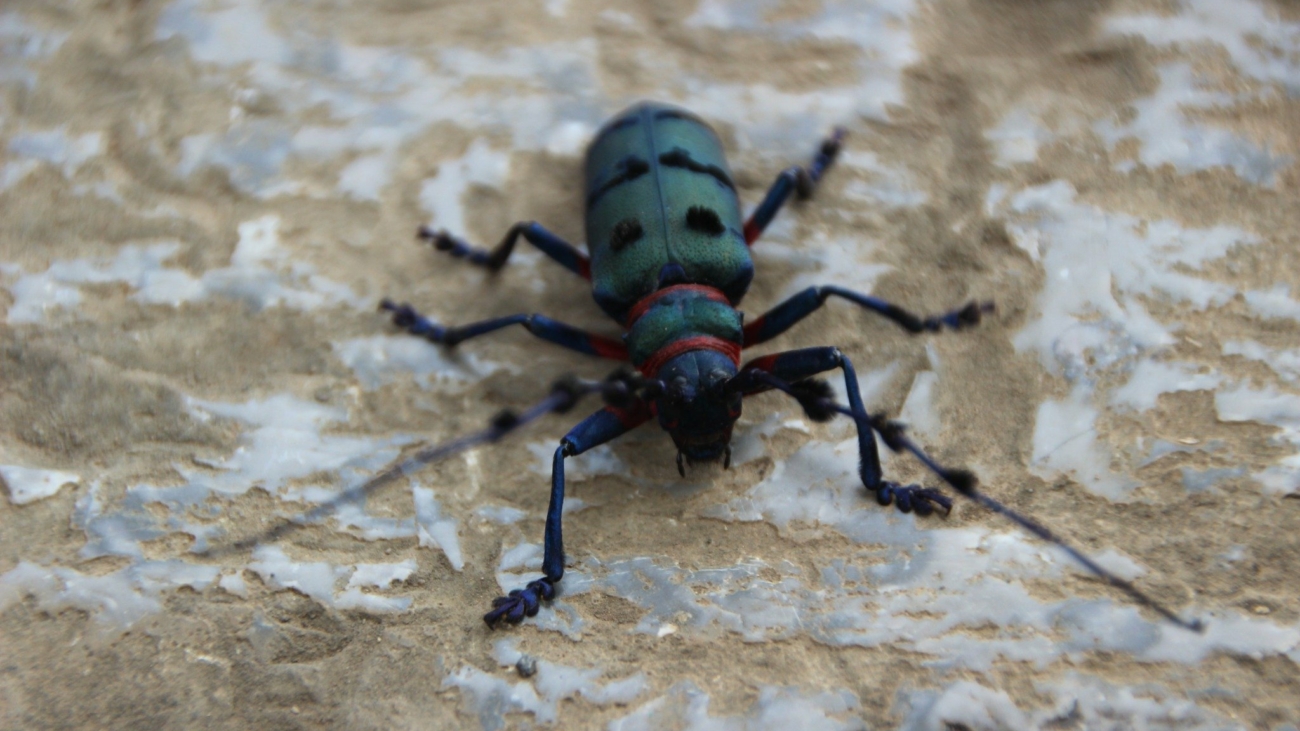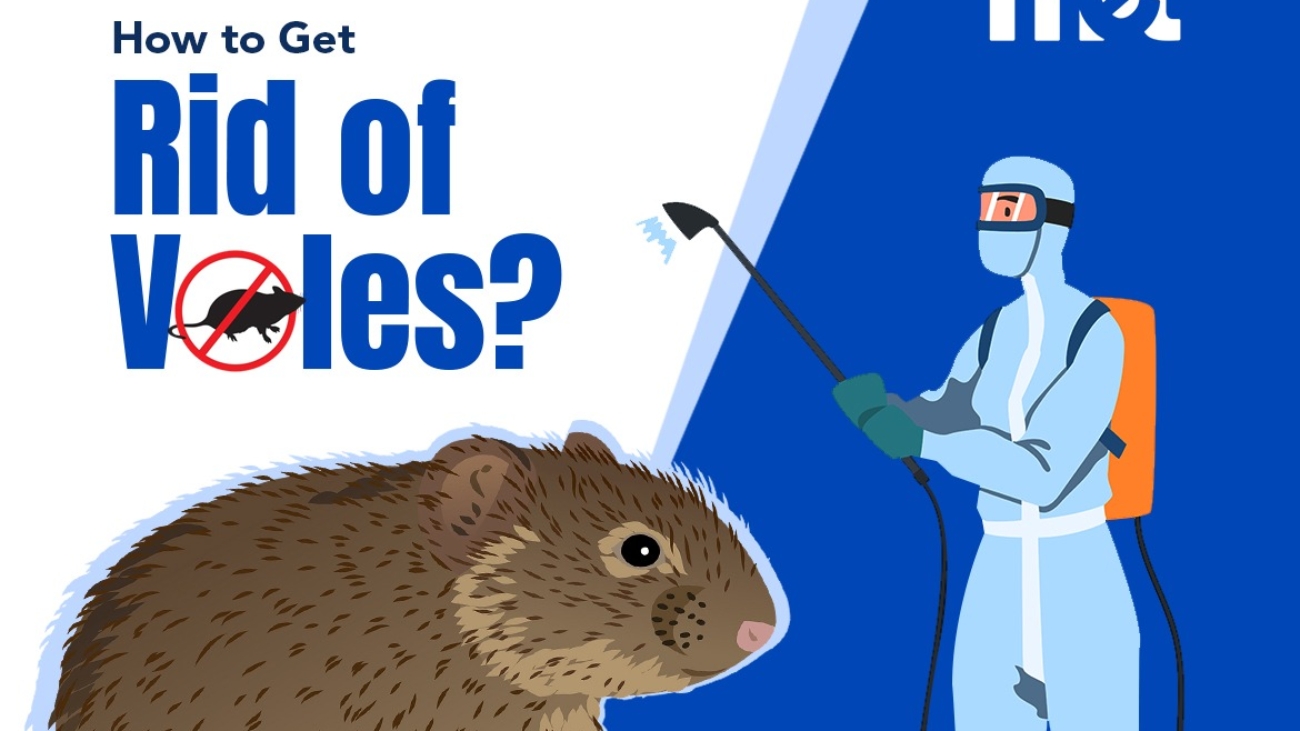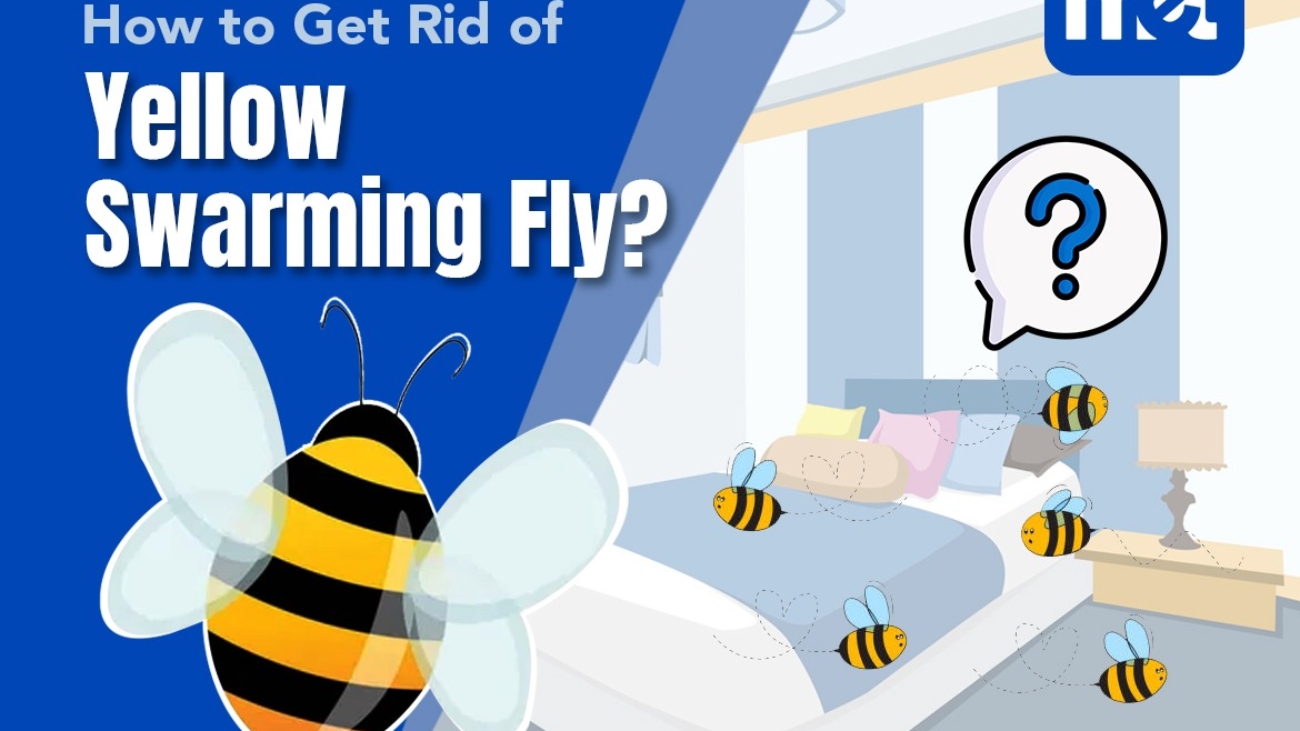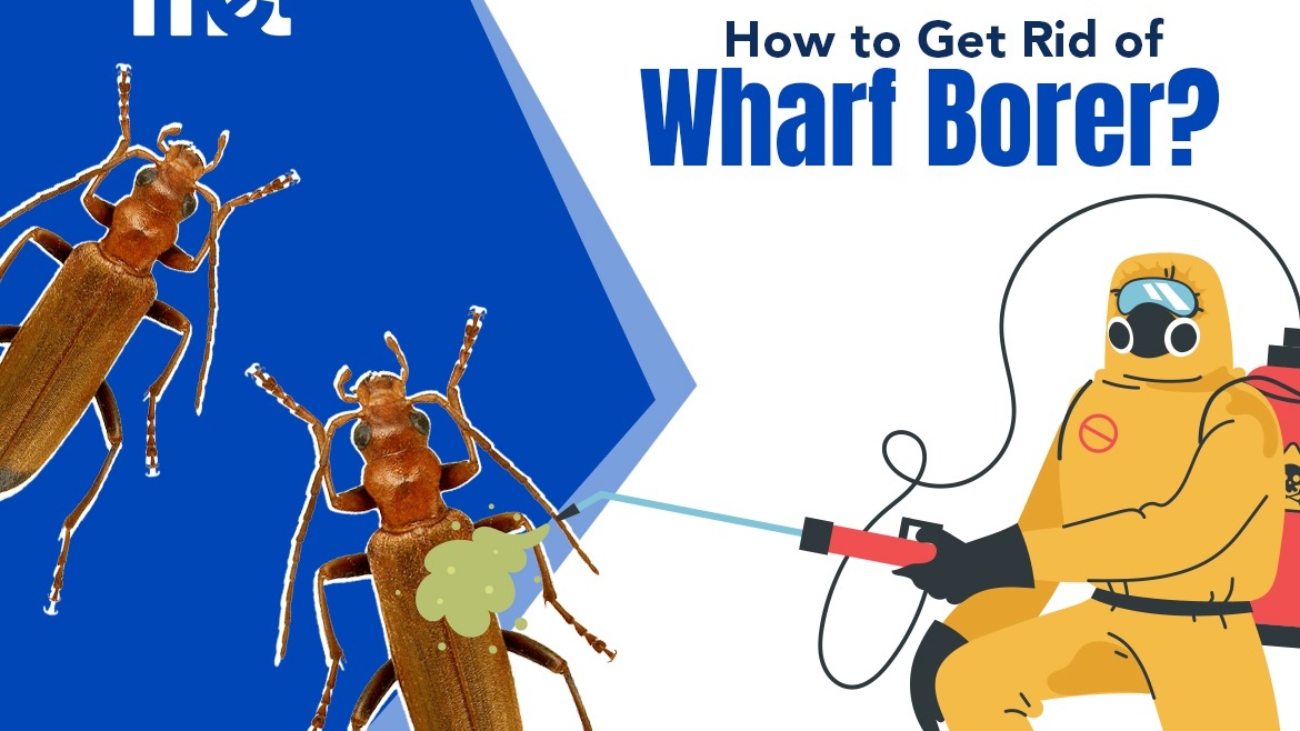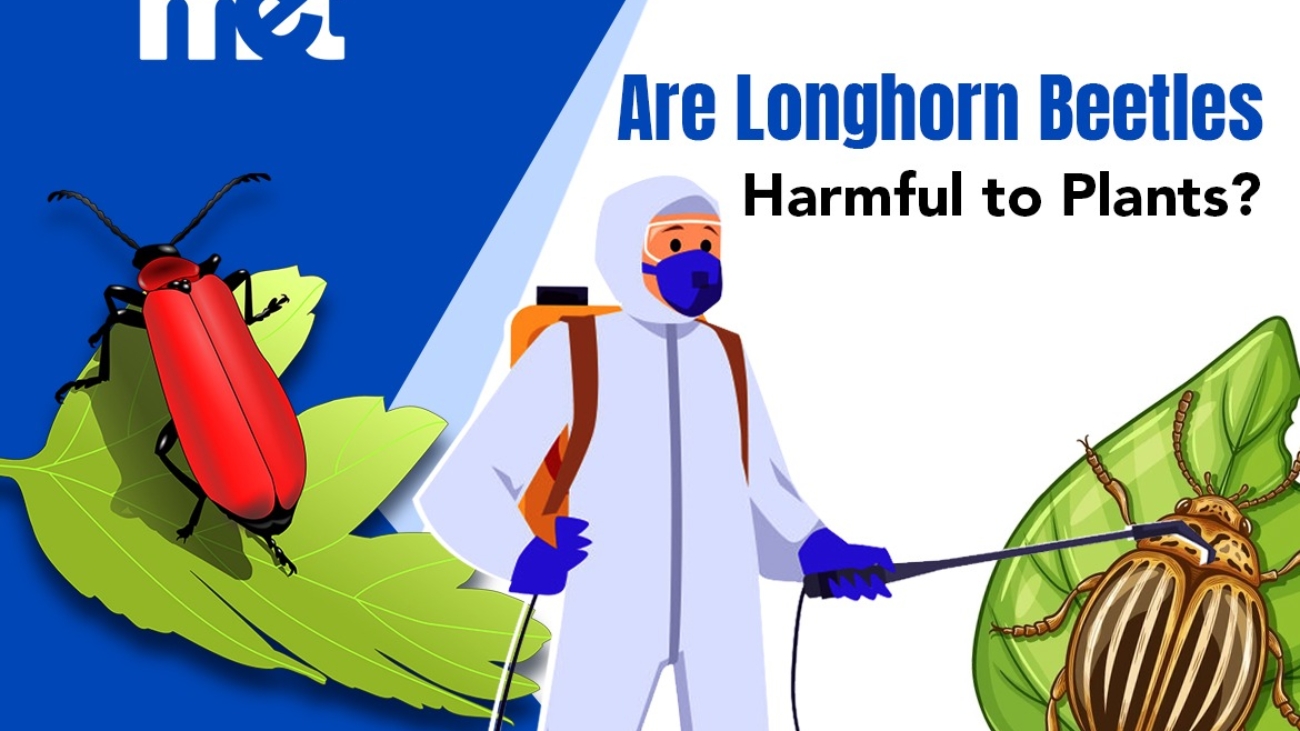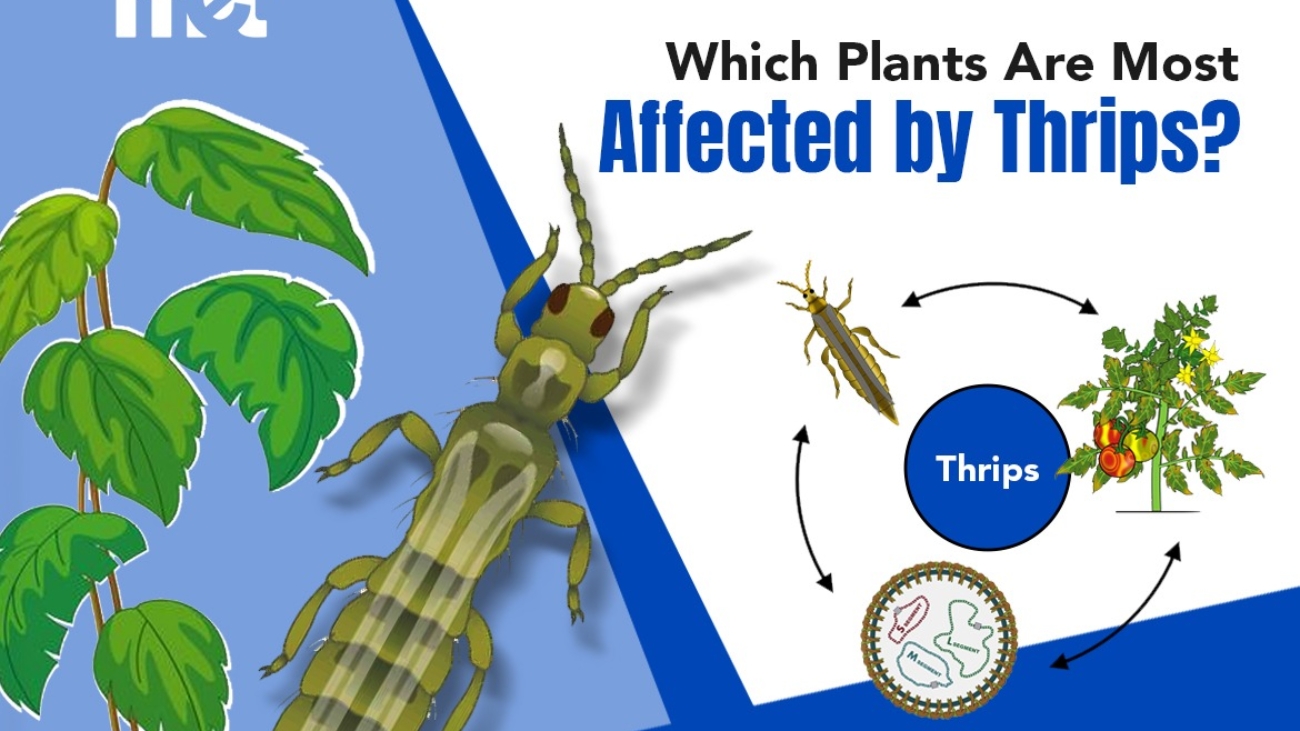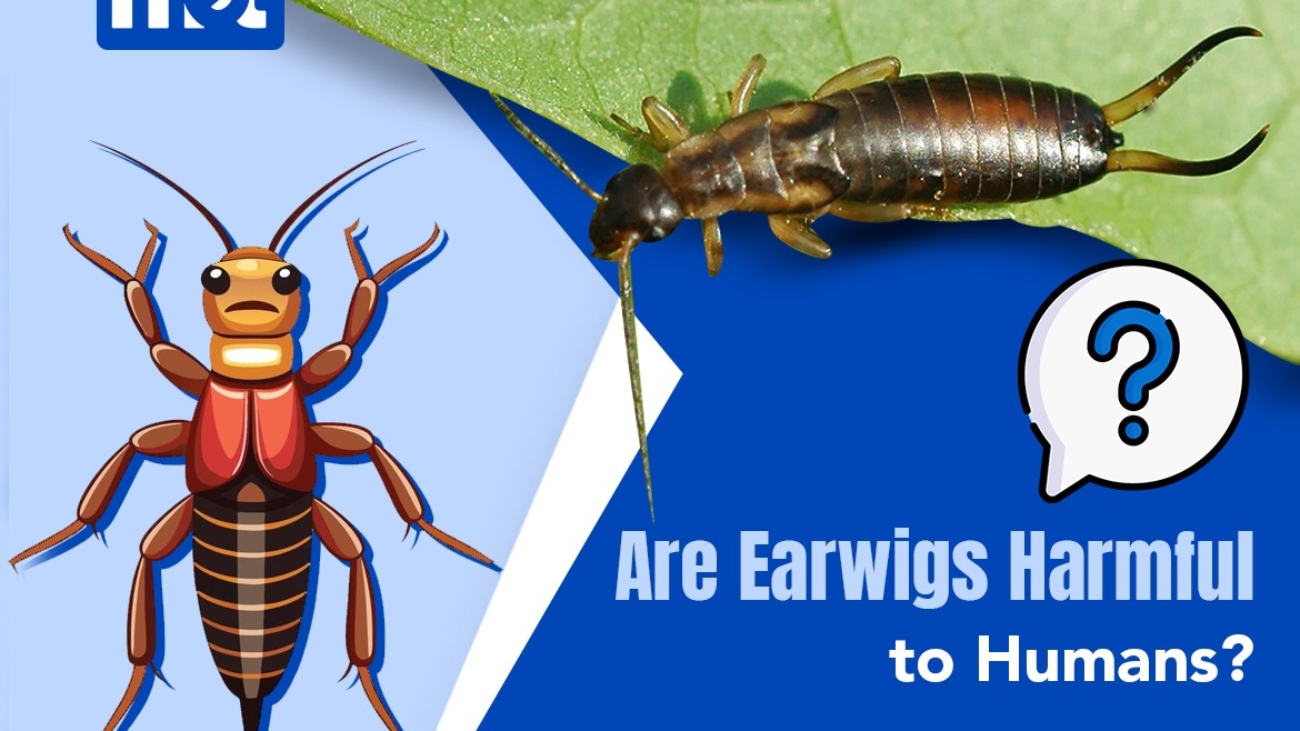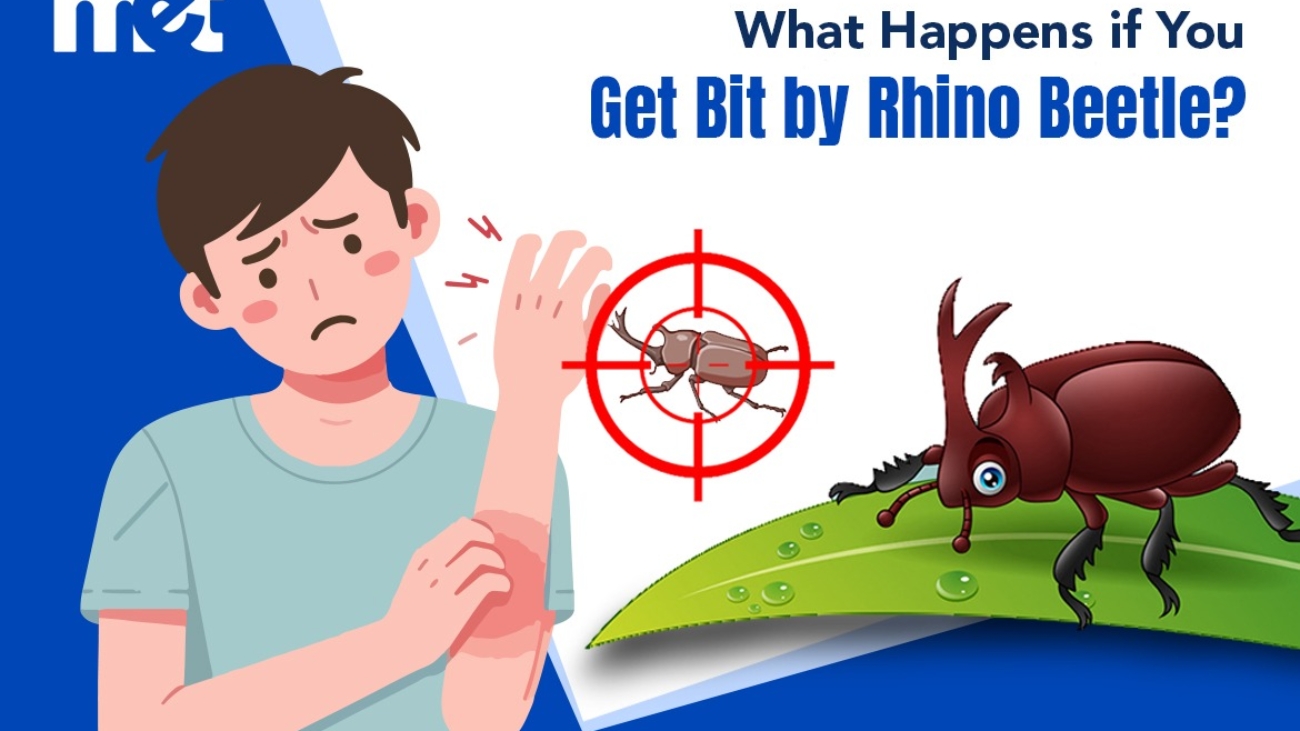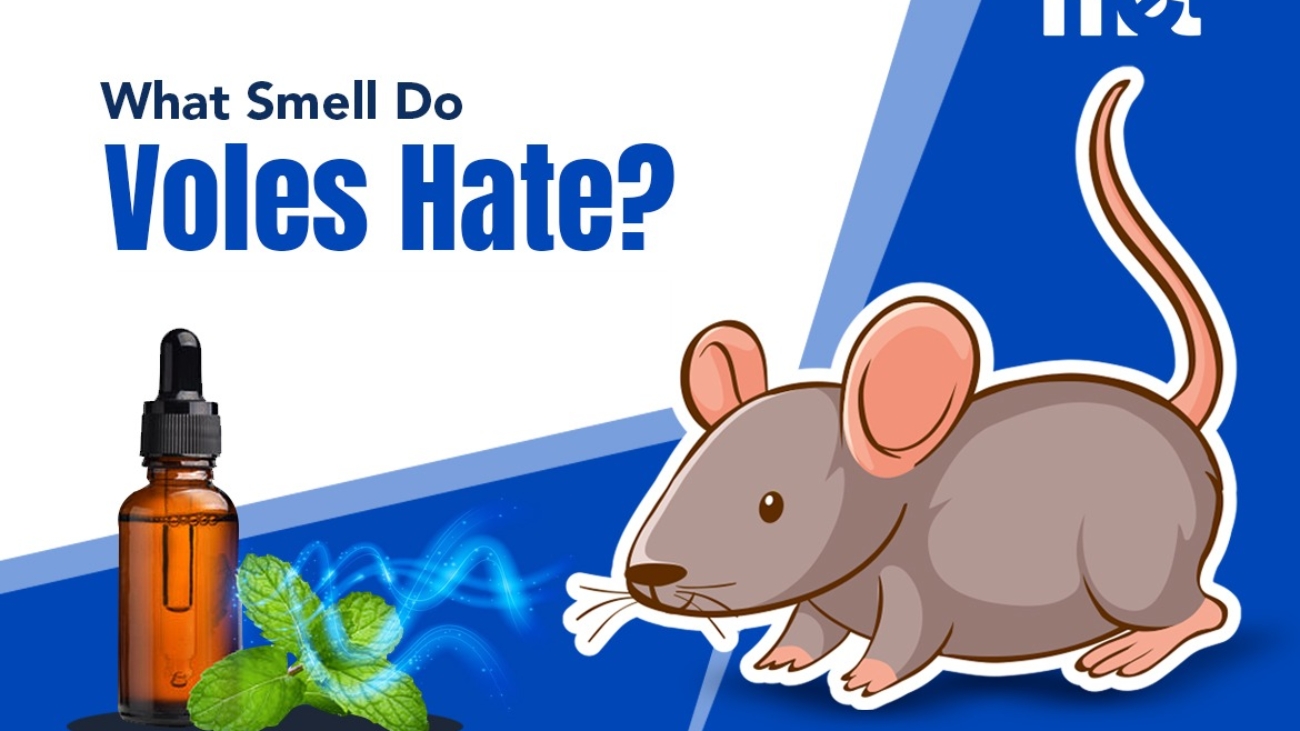At first glance, you might mistake them for tiny ants or specks of dirt. But if you’ve seen small, fast-moving bugs crawling on your walls, ceilings, or near windows—especially in newly renovated or freshly painted homes—you may be dealing with plaster be ...
How to Get Rid of Slugs in Singapore Homes and Gardens
Slugs may be slow movers, but they can cause fast damage—especially in Singapore’s lush gardens and humid environments. These soft-bodied pests love dampness, darkness, and decaying organic matter, making them a common nuisance in both residential yards a ...
How to Get Rid of Voles?
Voles may look like tiny, harmless creatures, but don’t be fooled—these small rodents can cause real damage. From chewing through plant roots to tunneling through your lawn, voles can silently wreak havoc in outdoor spaces before you even realize there’s ...
How to Get Rid of Yellow Swarming Fly?
If you’ve noticed a sudden cloud of small, yellowish flies gathering near your windows or lights—especially during humid afternoons—you’re likely dealing with yellow swarming flies. While these tiny flies aren’t known to bite or transmit disease, they can ...
How to Get Rid of Wharf Borer?
Ever spotted strange beetles around damp wood or old structures and wondered what they were? There’s a good chance you’re dealing with wharf borers. While they’re not as infamous as termites, wharf borers can still pose a serious problem, especially for o ...
Are Longhorn Beetles Harmful to Plants?
At first glance, longhorn beetles—with their glossy bodies and signature long antennae—may seem more fascinating than fearsome. But beneath that striking exterior lies a serious threat to plants, trees, and even wooden structures. As a trusted pest compan ...
Which Plants Are Most Affected by Thrips?
Thrips are tiny, slender insects that often go unnoticed—until they start damaging your favourite plants. If you’ve noticed mysterious spots, silvery streaks, or distorted leaves in your garden or home, there’s a good chance thrips are the culprits. As a ...
Are Earwigs Harmful to Humans?
If you’ve ever stumbled upon an earwig in your bathroom or garden, you probably did a double take—those pincers are hard to ignore. And if you're like most people in Singapore, your next thought was probably: "Are these things dangerous?" Despite their in ...
What Happens if You Get Bit by Rhino Beetle?
Ever stumbled upon a rhino beetle in Singapore with its cool horns and sturdy build? These guys are more muscle than menace, but a bite? That's another story. Curious about what might happen if one of these powerful insects decided to take a nibble? Let's ...
What Smell Do Voles Hate?
If you've noticed voles sneaking around your garden or home, you're not alone. These pesky rodents can be a serious nuisance, especially when they invade your property and start causing damage to plants, crops, and even the structure of your home. While v ...

